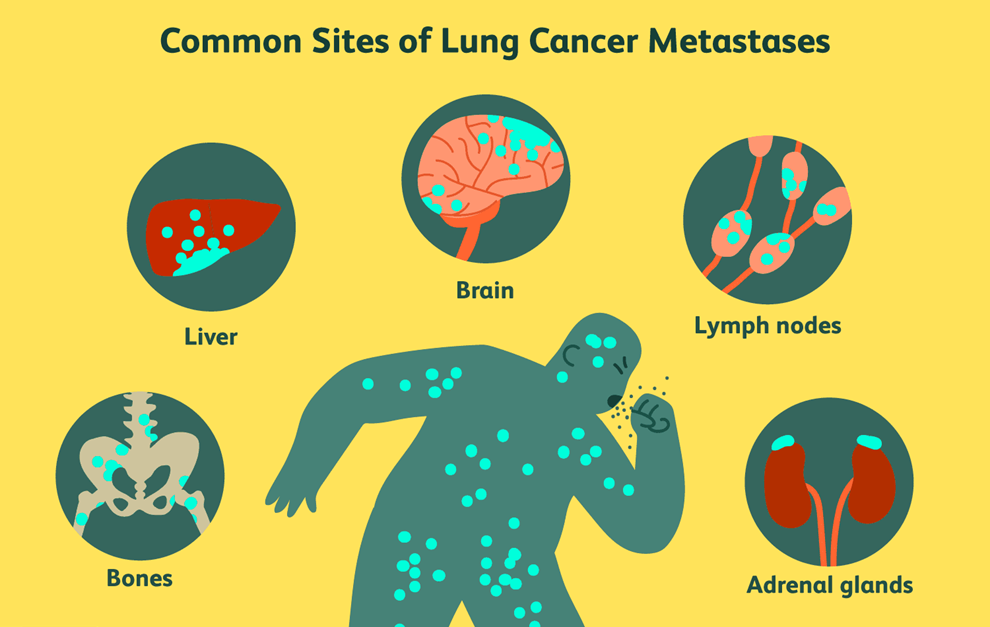A nurse is caring for an adult client who has been placed in physical restraints due to aggressive behavior. Which of the following actions should the nurse take?
Have a staff member check on the client every 30 minutes.
Assess the client's need for toileting every 15 minutes.
Ask the provider to renew the prescription every 8 hours.
Offer hydration and nutrition to the client every 2 hours.
The Correct Answer is D
Choice A reason:
Having a staff member check on the client every 30 minutes is important for ensuring the client's safety and well-being. However, best practices suggest that continuous visual monitoring or checks at least every 15 minutes is generally recommended. This frequent monitoring allows for prompt identification and response to any distress or needs the client may have.
Choice B reason:
Assessing the client's need for toileting every 15 minutes may be excessive and could potentially cause additional distress or discomfort. The standard practice is to assess for toileting needs less frequently, typically every 2 hours, unless there is a specific indication that more frequent checks are necessary.
Choice C reason:
Asking the provider to renew the prescription for restraints every 8 hours is not aligned with standard guidelines. Restraint orders must be reviewed and renewed according to facility protocols, which usually require renewal every 24 hours. This ensures that the use of restraints is continually justified and that the client's condition is regularly reassessed.
Choice D reason:
Offering hydration and nutrition to the client every 2 hours is a critical aspect of care for a client in restraints. It is essential to meet the client's basic needs and to prevent dehydration and malnutrition. Additionally, providing hydration and nutrition at regular intervals aligns with the guidelines for monitoring and assessing clients in restraints.
Nursing Test Bank
Naxlex Comprehensive Predictor Exams
Related Questions
Correct Answer is A
Explanation
Choice A reason:
Suppression is a conscious defense mechanism where an individual intentionally avoids thinking about disturbing thoughts or feelings. In this case, the client is choosing to delay addressing the reality of their diagnosis until after a significant family event. This can be seen as a temporary coping strategy to manage overwhelming emotions, but it may become maladaptive if overused or if it prevents the client from seeking necessary treatment and support.
Choice B reason:
Compensation involves overachieving in one area to make up for deficiencies in another. The client's statement does not suggest that they are trying to compensate for their illness by excelling in other areas of life; rather, they are postponing the emotional processing of their diagnosis.
Choice C reason:
Regression is a return to earlier stages of development and coping strategies, often under stress. The client's statement does not indicate a regression to more childlike behaviors or earlier developmental stages.
Choice D reason:
Sublimation is a way of channeling unacceptable impulses into socially acceptable actions. The client's statement does not reflect the use of sublimation, as they are not redirecting their feelings about the diagnosis into a different, more acceptable outlet.

Correct Answer is D
Explanation
Choice A reason:
Asking the client "Why do you think this has happened?" may lead to self-blame or speculation that is not beneficial for coping. It does not provide insight into the client's current coping mechanisms or emotional state regarding their condition.
Choice B reason:
The question "Are you okay with not being able to do some things you used to do?" could be perceived as insensitive. It might imply that the client should be accepting of their loss of function, which can be a difficult and emotional process. This question does not directly assess the client's coping strategies.
Choice C reason:
Inquiring if someone is available to assist with hygiene addresses the client's support system but does not directly assess their coping ability. While support is important for coping, the question does not explore the client's emotional or psychological adaptation to their condition.
Choice D reason:
"How has this impacted your life?" is the most comprehensive question to assess coping. It invites the client to share their experiences and feelings about the changes they are facing. This open-ended question allows the nurse to gauge the client's emotional response, adaptation, and resilience since the stroke.
Whether you are a student looking to ace your exams or a practicing nurse seeking to enhance your expertise , our nursing education contents will empower you with the confidence and competence to make a difference in the lives of patients and become a respected leader in the healthcare field.
Visit Naxlex, invest in your future and unlock endless possibilities with our unparalleled nursing education contents today
Report Wrong Answer on the Current Question
Do you disagree with the answer? If yes, what is your expected answer? Explain.
Kindly be descriptive with the issue you are facing.
